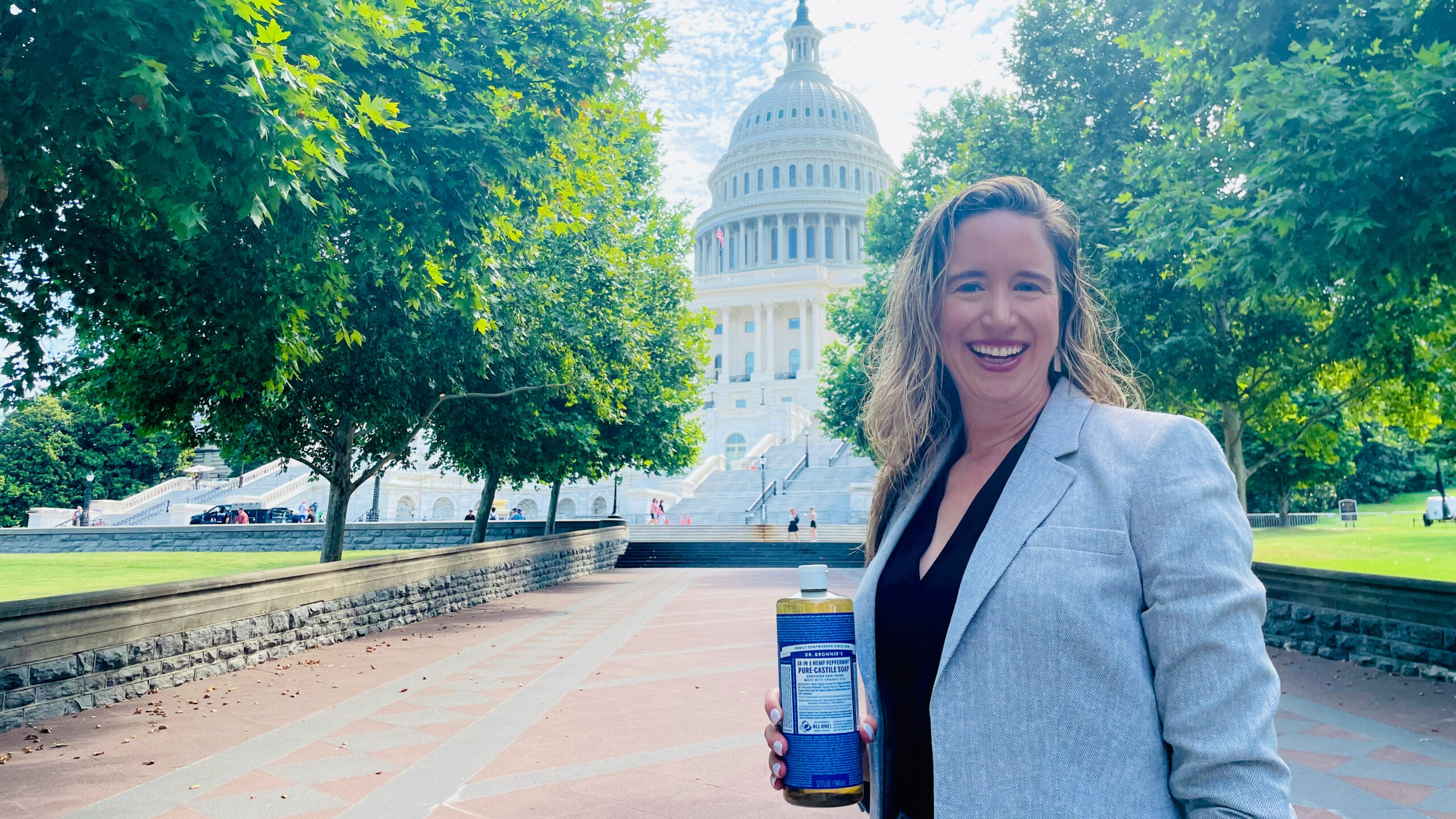
I recently underwent a crash course in the legislative process I didn’t know I needed.
My days are generally pretty low key. I work from my semi-rural home in San Diego County, researching a range of topics, experimenting with GIY concoctions and writing about them, answering questions about products/company history & happenings/life in general. While other members of my family have been involved in policy making and I vote and try to follow current affairs, I’m no icon of political activism.
However, earlier this year I was asked by the Breast Cancer Prevention Partners to join a small group of ethical business leaders gathering in Washington, D.C. for two days of advocacy. Our mission was to educate and persuade policy makers towards stronger regulations around cosmetics in order to increase consumer safety. While there were many reasons I could have said no to the invitation—I’m not a political activist, D.C.’s a long way from San Diego, I’ve got a son graduating high school and heading to college, plus a puppy who needs training—none of these reasons were as compelling as the reasons to go. If I truly believe the products sold in stores should be safe for all people, if the accumulation of my work provides helpful insight and guidance, and if I want to be a good steward of opportunities presented to me, then what reason do I have to decline?
So, I booked a flight and spent two hot July days in our nation’s capital, meeting with the offices of three senators (and one senator himself), three congresspeople (and one congresswoman herself), and advisers from eight Executive Branch offices. In all this, we were advocating for cosmetic regulations that most consumers assume already exist. Currently, there are a bundle of bills before the House called the Safer Beauty Package which targets the most egregious obstacles to cosmetic safety.
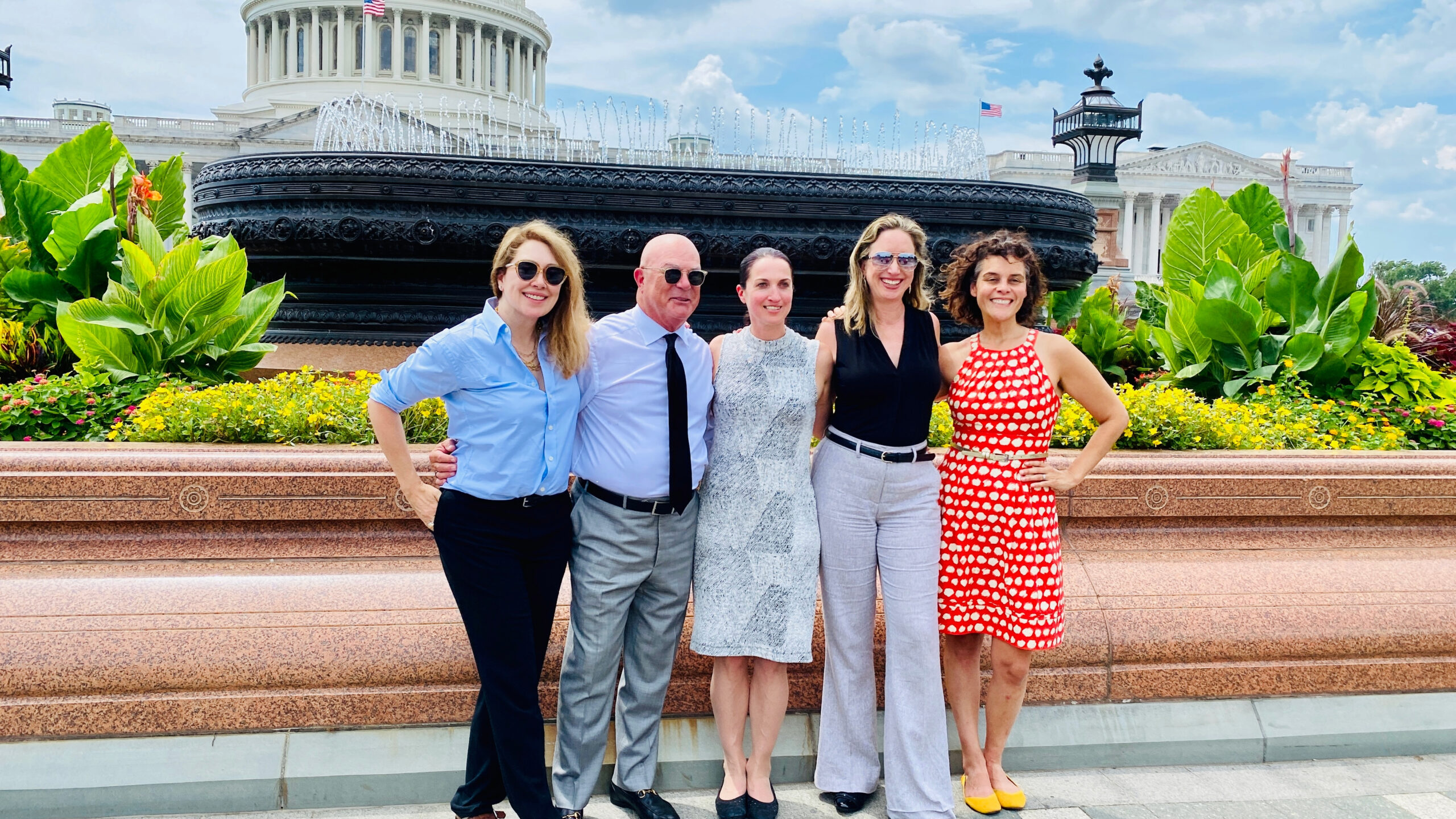
My 5 Takeaways from my days in D.C. as an individual citizen
I will dive into the contents and significance of those bills in my next article, but for now, I want to share more general takeaways from my time in D.C., as an individual citizen on her first trip into the heart of the capital. While I was there for a purpose, I was also a wide-eyed observer (I tried to be discreet) taking in the sights and witnessing firsthand how policy making happens. Though I believe I spoke coherently and knowledgeably about the issues at hand, in the background of my mind, there was a running commentary along the lines of, “Wow! This is so neat! I had no idea how neat this would be!”
When I left D.C. and headed home, my head was full. There was much to ponder and distill from the previous two days. It took me quite some time to sift through it all. My thoughts coalesced around five observations.
1. There is still a forum for civil discourse in politics
I had no idea what to expect from the two days of meetings that were scheduled. I knew the topics. I knew the schedule. I researched the folks we were meeting with. I even had virtually met my companions. But as far as how the meetings would flow and what their tenor would be, I had little idea.
What I found surprised me. I guess I was expecting combat, but instead I found eagerness to learn. I was expecting contrary opinions, but instead I found inquiring questions. Each of the offices with which we met engaged in polite and intelligent dialogue.
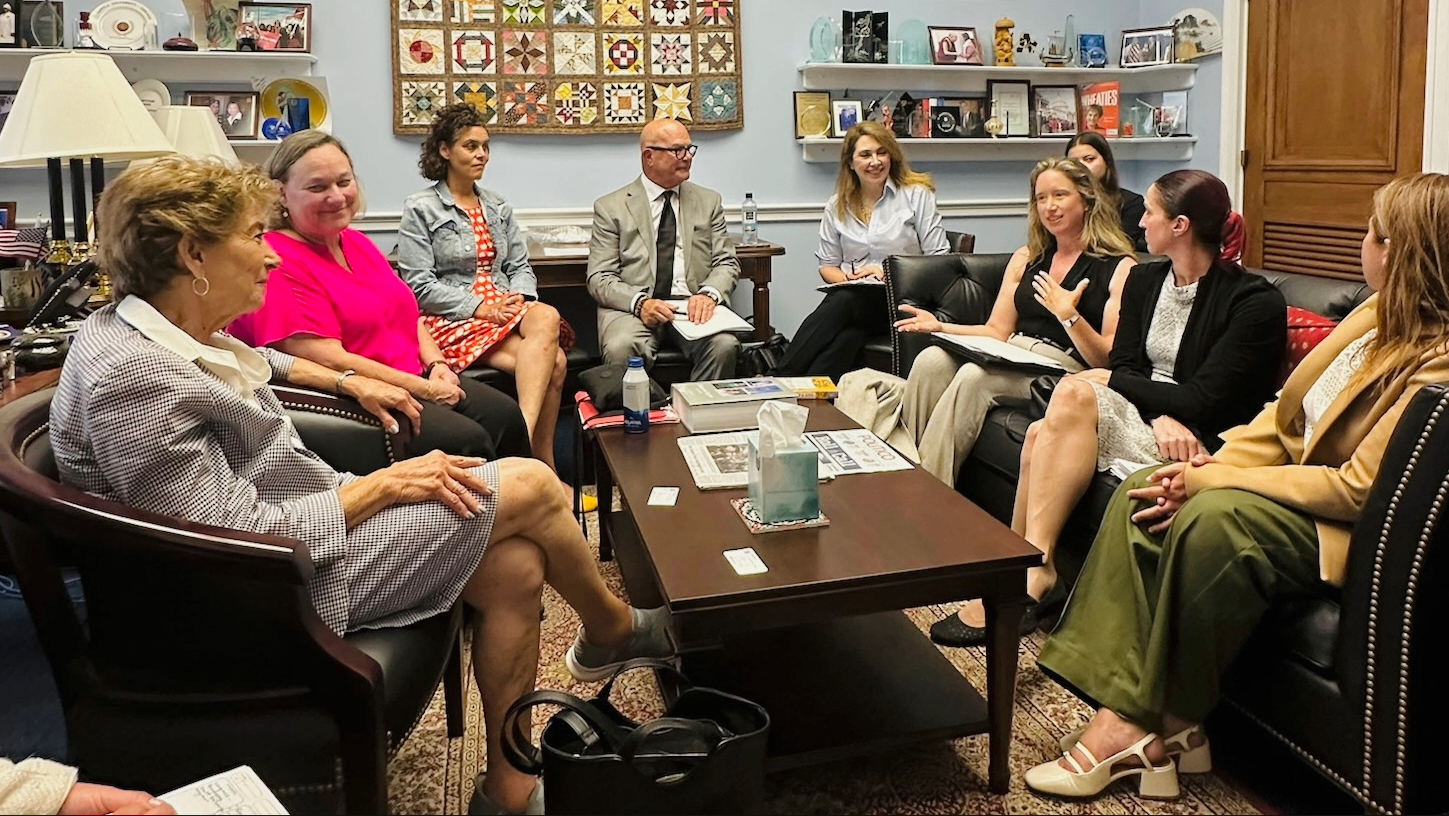
We don’t hear about dialogue in D.C. Dialogue doesn’t sell the news. I guess I am exposing my own cynicism, but I didn’t think dialogue still happened. Never was I so glad to be wrong. We conversed. We answered questions. Both sides listened. Both sides took notes.
These offices had also received visits from lobbyists from the opposing side of our topics, groups that do not want required disclosure of ingredients or traceability—for example, representatives from the fragrance industry. We listened to the arguments they had heard from these opposing viewpoints and had the chance to refute them.
This was not a time for nagging or haranguing—if there ever is such a time. It was a time for education and persuasion and substantiation. It was a time to meet each of these legislators where they were in their understanding and walk with them. This meant taking a moment first to listen, to see their perspective, to consider their premises, influences, and understandings and guide them forward from there. I was deeply glad this was possible.
2. Subject matter experts have a crucial role to play
Members of Congress have a lot to keep track of. On this day alone, there was a wide range of fields legislators had to know a lot about.
The official record for July 9, 2024, the day I met with legislators, reveals a disparate range of topics legislators had voted on, and undoubtedly, they had interacted with many more subjects, including my group’s conversation about cosmetic safety. That day, the House had voted on measures regarding refrigerator and dishwasher efficiency, a measure on non-discrimination in education programs, federal voting qualifications, and a “contempt of the House” charge. The Senate voted on Holocaust education programs, cybersecurity, Juneteenth commemoration, and Tardive Dyskinesia awareness. A further 29 bills were introduced in the House, beginning their legislative journey, and 16 in the Senate on this day.
For them to make informed votes, Senators and Representatives rely on a team of advisers, and those advisers gather information from topic experts. With that information, advisers will develop opinions to present to their bosses to determine sponsorship of bills and shape their votes.
That is why my group of experts in the field of cosmetic integrity was needed.
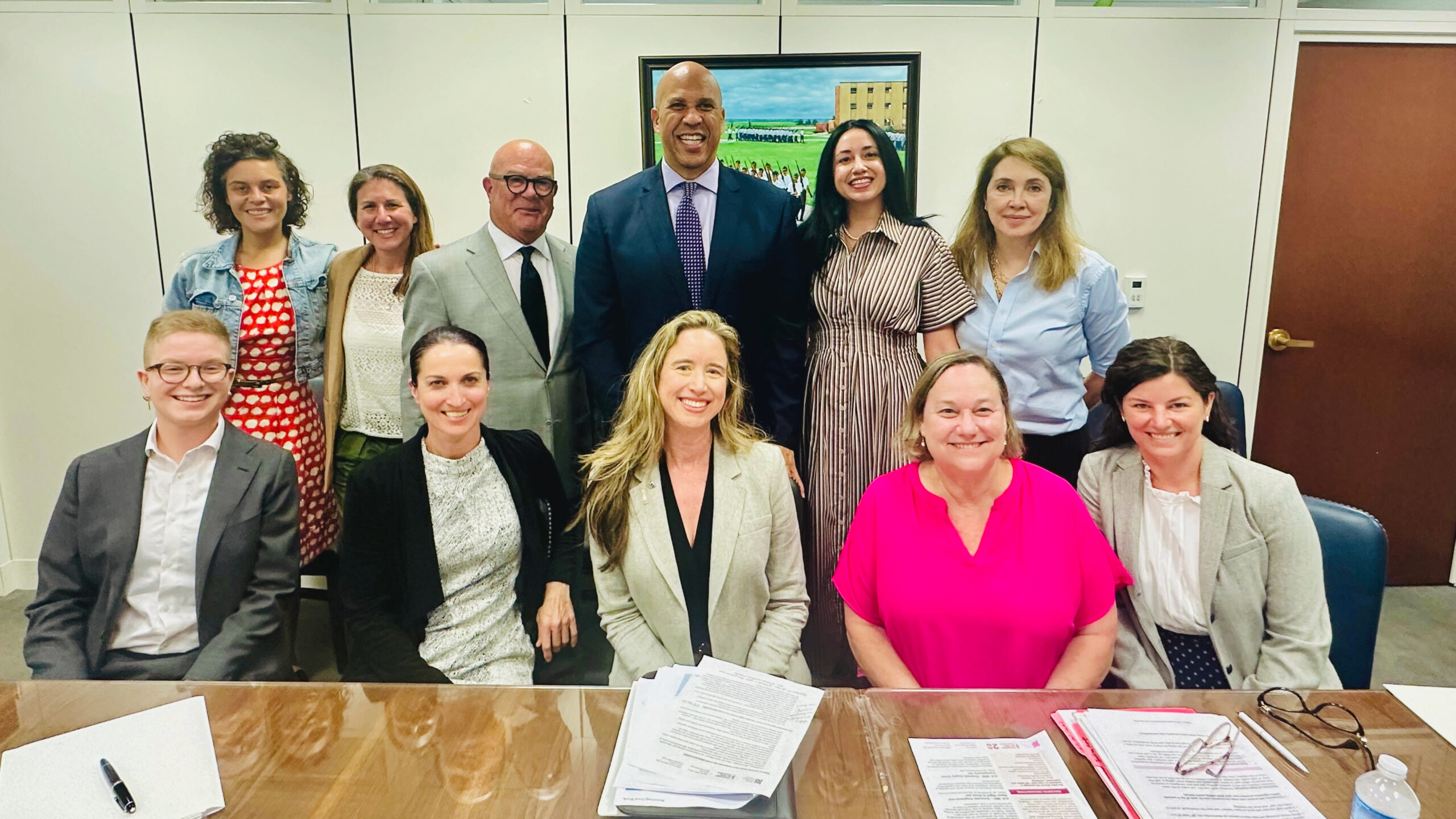
Cosmetic ingredients and integrity are a core part of my work, but it’s not a core part of the work of the legislators and the staff with whom we met. So, our role was first to put this topic on their radar (many people don’t think about the safety of their cosmetics) and validate why it should be there. Knowing that groups with opposing opinions were also speaking to these same people motivated me and my colleagues even further. It was very important that we were able to counter these arguments with our expertise.
I had a place at that table and a perspective and background to share because my family has been practicing integrity and transparency in cosmetics for over 75 years. We’ve done this despite the lack of mandate for it because it’s the right thing to do. With our company’s longevity, we can argue compellingly that integrity and transparency do not compromise business success and profitability. They increase it.
Furthermore, in my professional role, I have been engaging with consumers, including you, my reader, on the front lines for over 15 years, answering their questions, helping them navigate product choice, and guiding them on reading labels. I am well-familiar with what questions consumers are asking, what they want to know but can’t, what pitfalls they commonly fall into because of the obfuscation in product labels.
Since I am not only well-versed in this topic of cosmetic ingredients, but by training am an educator, this was right up my alley. I can teach why ingredient integrity is needed. I can share the research behind certain problematic ingredients. I can shed light on why consumers should be able to see the ingredients in their cosmetics. Teaching is what I do. I was thrilled to find a use for this convergence of my abilities in the forum of D.C. policy making.
Legislators need the input of experts. Looking at the bills that were voted on that day, advisors had needed input not only from engineers, programmers, educators, legal experts, medical experts, historians, but also from engaged citizens and those impacted personally by the issues addressed. The next day or week might contain a topic that is in your realm. I encourage you to get involved in reputable topic-based advocacy groups, as Dr. Bronner’s has with the Breast Cancer Prevention Partners. Such groups are knowledgeable about how to put opportunities for conversations together.
3. Individual citizens matter to legislators
Our country is a representative democracy. On the federal level, individual citizens do not vote on bills to become laws. Instead, our laws get made through representatives that we elect to represent and vote for us.
The first question each legislator asked us was, “Are any of you my constituents?” This was before we shared our credentials on why we were qualified to speak on the topic of cosmetic safety. They wanted to know if they represented us. This was a top priority for them, with the implication that if indeed we were their constituents, what we had to say would carry more weight. We tried to arrange the meetings so that at least one of us was indeed a constituent for each legislator we met.
Interestingly, since I’ve been home, I received in the mail an invitation to a coffee time/town hall with my local state representative. It wasn’t to me professionally, just to me as a constituent. Honestly, prior to my time in D.C., I would have ignored that. Who has the time? But now I’m thinking, maybe he really does want to know what I think. Maybe this isn’t just a performance gimmick. It might be a gesture, but if I don’t take the time to engage with him, to give him the benefit of the doubt that he’ll listen to my interests and concerns, how can I possibly expect him to represent my opinions?
Now I hear what you’re saying, “They won’t represent my opinions anyway.” Maybe. But once we take the time to share our opinions with them, that’s their choice to make. If we don’t take the time to share our opinions with them, we have no grounds to complain about their not representing our thoughts.
Practice communicating with your legislators
This is why it is so important to contact our legislators on federal, state, and municipal levels. It is not obnoxious to do so, nor does it annoy your representatives. It also need not take very long. While meeting representatives in person may not be feasible, accessible to each of us is the ability to contact them by email, phone, or mailed correspondence. As far as what to say, you might find a template to follow if there is an advocacy group representing your stance, such as this one the BCPP has for supporting the Safer Beauty Bills. Or you can call or email on your own. Find out who to contact by entering your zip code on this Congressional locator. It will help if you support your opinion with some rationale or share the background behind why you have a particularly qualified or personal opinion.
The person who fields your call is likely not going to argue with you. This is not the forum for it and that person is not the decisionmaker. They are going to record what topic you’re contacting them about and what you want your legislator to do. That’s it.
So even if you didn’t vote for your representative, share your opinion with them. Go have some civil discourse. You never know the impact you might have.
4. The Executive Branch is much bigger than the person in charge
Of our two days of meetings, I thought our main day was the first day, meeting with Congress members, and that the meetings on the second day with Executive Branch offices were more nifty time-fillers. I couldn’t have been more wrong. Since the Executive Branch is charged with implementing (i.e. “executing” – I hadn’t pondered the semantics of that) the policies created by the Legislative Branch, it is an extremely active place.
This day revealed that I was woefully ignorant about the size and scope of the Executive Branch. I also had no idea where it intersected with our topic of cosmetic safety. Turns out, the Executive Branch is the largest of the three branches of federal government, employing over 4.3 million people. Even leaving out the military and post office, there are still over 2.3 million employees.
The offices in the Executive Branch operate under existing legislation, so they didn’t have to wait for or negotiate the passage of a bill. They are more nimble and can incorporate new approaches or directions more quickly.
Each of the offices we met with had a stake in the realm of cosmetic safety. With the White House Office of Science and Technology, we discussed how their Cancer Moonshot Initiative should consider keeping known carcinogens out of daily personal care products as a part of cancer prevention. With the White House Council on Environmental Quality we discussed how keeping PFAs (the “forever chemicals”) out of cosmetics also kept these enduring compounds out of the waterways. With the Gender Policy Council, the Domestic Policy Council, the Office of the Vice President, and the Office of the First Lady—all of whom have prioritized gender equity and equity for underserved populations—we discussed how women and people of color are unduly impacted by hazardous ingredients in personal care products.
In these conversations, we talked details. We talked next steps they could take soon. The focus was on action. “What are the top ingredients pregnant women should avoid?” “What are the particular hazards in products marketed to people of color?” “Let’s get this information out there.” There were results from that meeting that could well make an immediate impact on these demographics.
I left those meetings with a strong sense of progress, that our meetings could really change things, and soon.
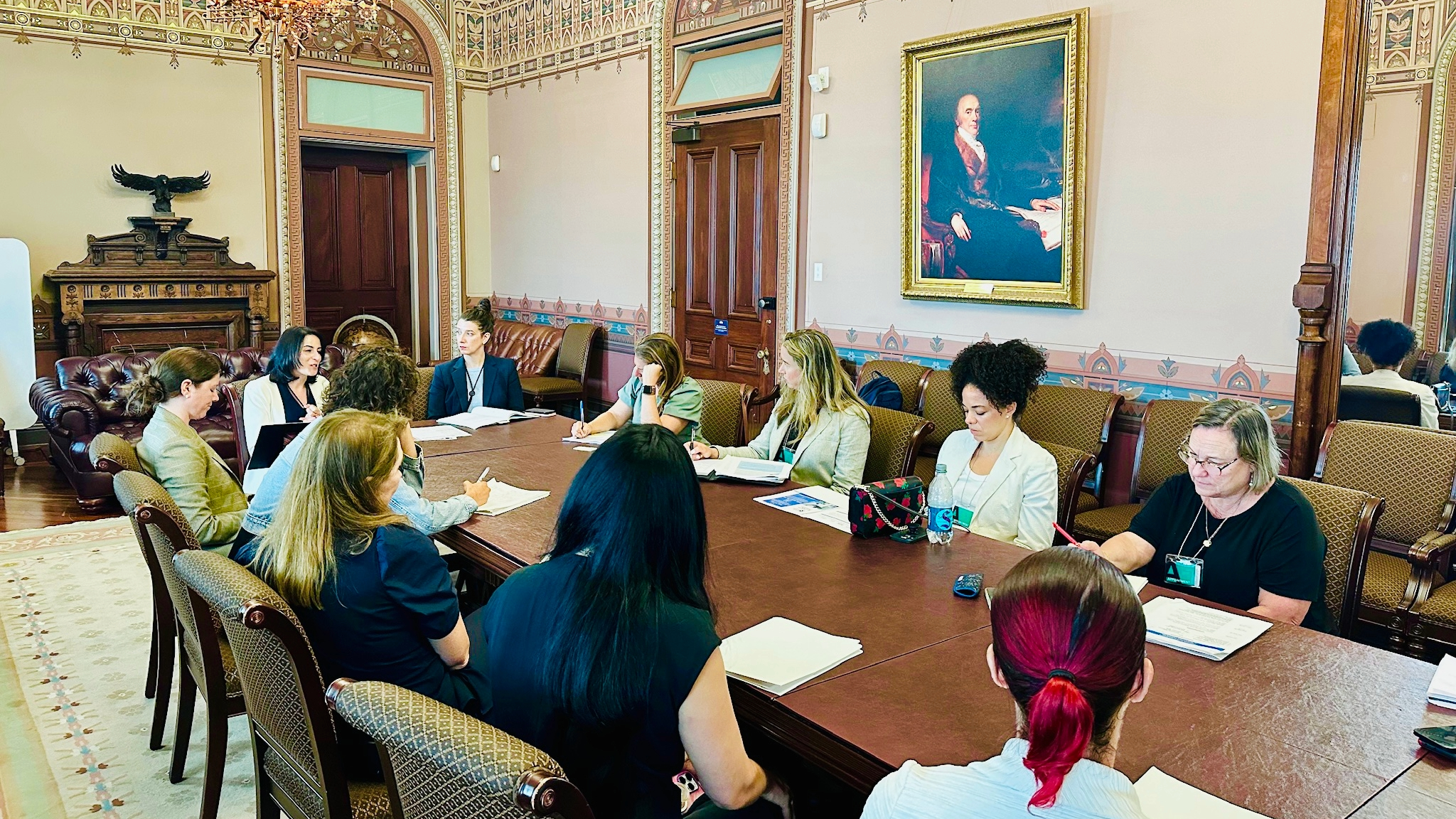
5. The U.S. Capitol is incredibly impressive
Perhaps this is revealing more about myself than anything objective, but I had the assumption that the U.S. Capitol building was more… well… casual than those of other nations. I’d never seen it in person. I’ve spent more time in other nation’s capital cities – mainly London and Paris – than my own. I didn’t think the United States’s could compare. And while it can’t compare on the age factor—not much to be done about that—it can on the grandeur.
The Capitol building itself is meant to represent the might of America. Among many things, it’s meant to be imposing. It’s successful at doing both. It testifies to the power and purpose of architecture. But it’s also incredibly intricate. Have you looked at the detail on that dome? I had never noticed until I was close up. Or relatively close, since it’s 288 feet tall.
Prior to this visit, I did know what the Capitol looked like. I could have picked it out of a line up and even perhaps done a recognizable sketch. However, that did not compare to standing in front of it. It’s huge and intricate and commanding. And that dome? It’s massive.
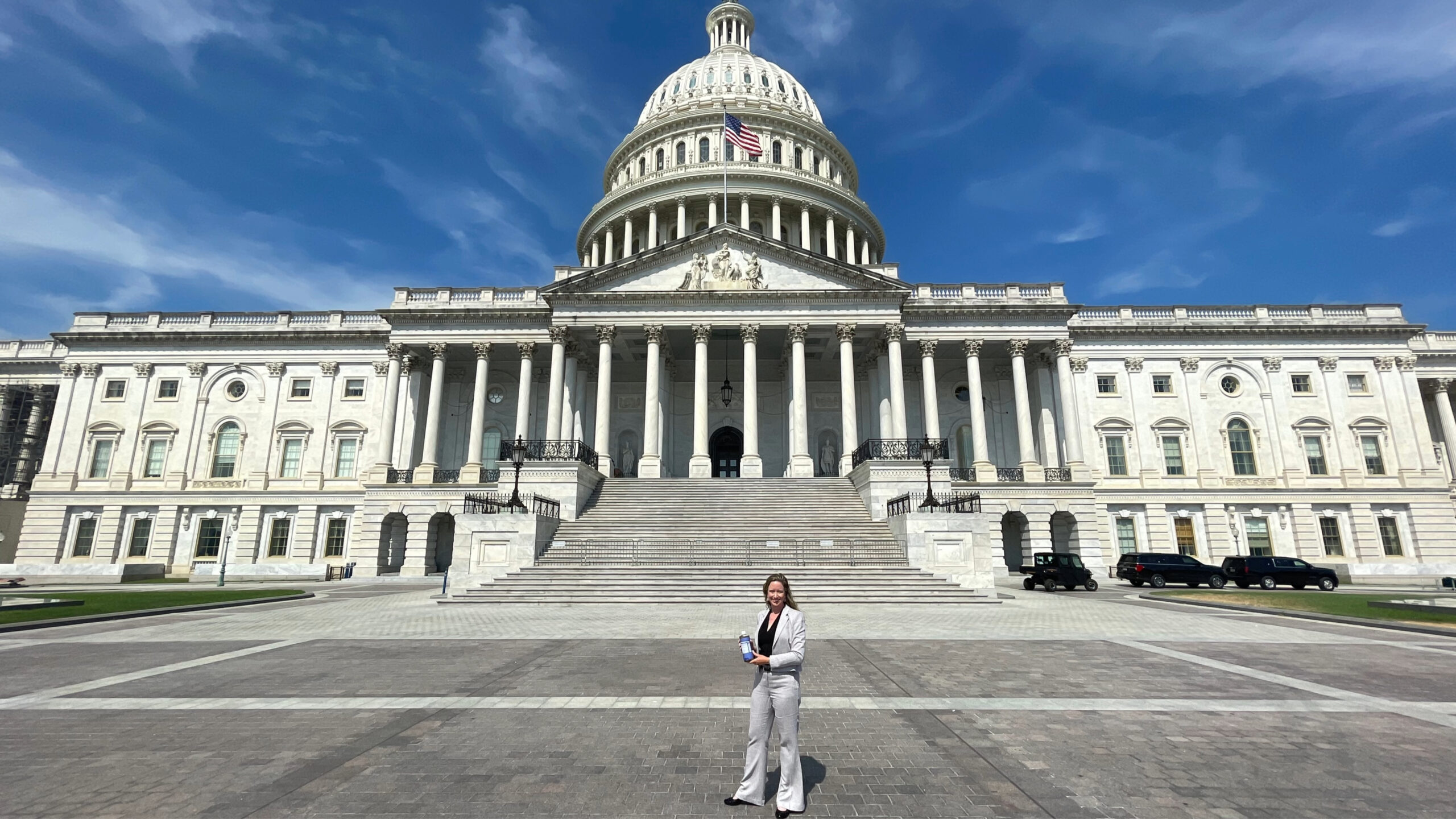
I have yet to go inside the Capitol itself—our meetings were held in the Senate and House Office Buildings and the Eisenhower Executive Office Building (EEOB), which is part of the White House complex and sits right next door. However, even these office buildings were unexpectedly ornate on the inside. (Here’s a virtual tour of the EEOB to show what I mean by ornate.) I can only imagine that the Capitol itself is moreso. I didn’t know government buildings were built like that in America.
Maybe it’s because I’ve spent most of my life in California, but I think of the United States as being, to use the word again, more casual. The Capitol building is many things, but it is not casual. I feel rather sheepish for my mistaken preconception.
Where my D.C. advocacy adventure left me
What I saw during my two days in Washington was hopeful and heartening. And it was fun!
Some of this I hesitated to write because my fresh-faced exuberance might seem rather naive to anyone who’s politically savvy. But I decided to lay this all out anyways. Of the many things being a teacher has shown me, one is that if something is new to one person, it’s likely new to many. So, if you know all this, you’re welcome to chuckle softly, but if this is new to you, I hope my takeaways are helpful.
And really, I hope they bring you joy. Because that’s what I came away with—a sense of joy and hope and optimism. Things weren’t as dire as I thought, and I met some really nice people in D.C. People I would enjoy sitting down with again. I hope I have the chance, because I’ve certainly thought of a lot more questions I’d like to ask them.
The whole experience was a practicum for a civics class. I am so fortunate to have gotten to participate, to experience first-hand the workings of the federal government. I know what I saw was a tiny smidgen of what there is, but it was nonetheless eye-opening and gave me lots to ponder.
Perhaps you’re hoping I’ve got a “happily ever after” for you. But I don’t. I don’t know if any of the legislators will take action on behalf of these bills. It’s too soon to tell. We’re playing the long game here. But the fact that we could sit down and converse about them was a phenomenal moment that I appreciated professionally and personally.
I want to give a huge thanks to the Breast Cancer Prevention Partners, especially Janet Nudelman, Senior Director of Program & Policy, for arranging these days and for all their team’s front-line advocacy work.





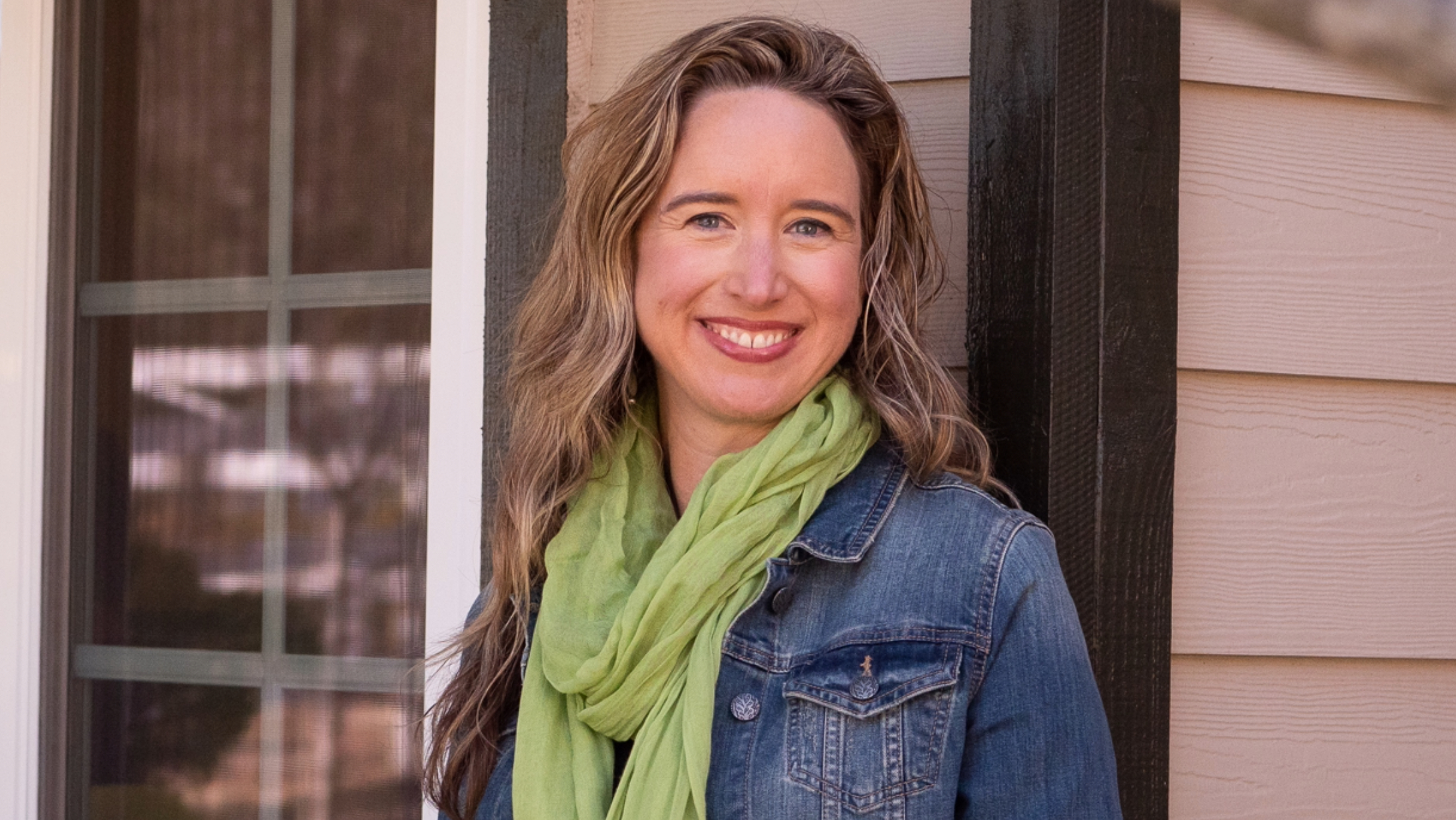

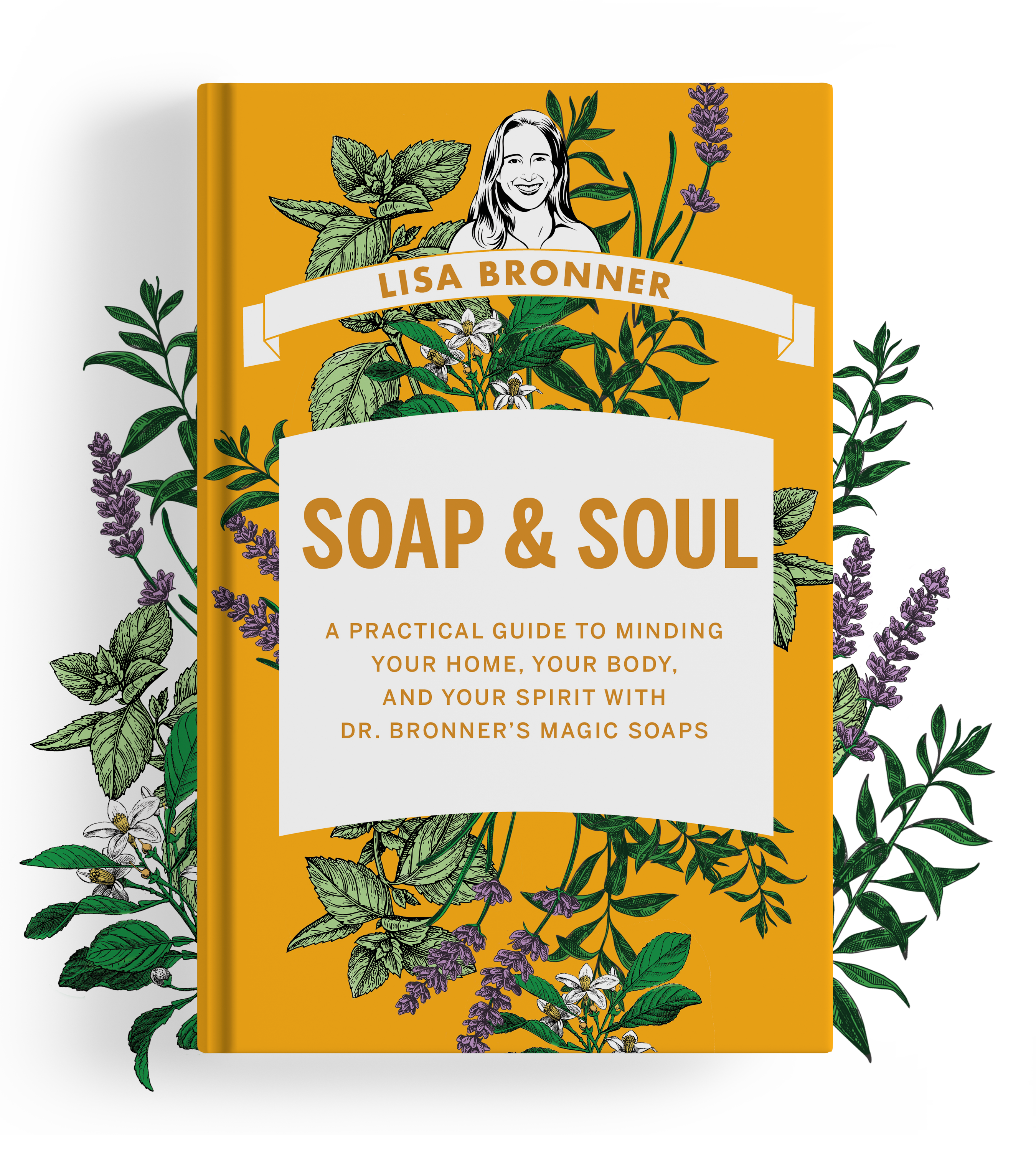
Thank you Lisa. I appreciate all that you do. I love that you are working with an organization dedicated to helping people heal from breast cancer. I have Dr. B’s all over my house & just received my latest order – still training my husband on how to use Sal Suds in our front loader – I even printed your cheat sheet and hung it over the washing machine. My biggest issue….can’t seem to find a toothpaste that makes my teeth feel really clean. Have a great night.
Thank you, Lisa for your continued advocacy for safe products. Your grandfather would be so very proud of you, David and Michael. You are living his example for how to be your best self, and expanding those waves out into the world.
An email to my representative has been sent!
Oh, and I recently started using Sal Suds and love the way our laundry smells!
I really enjoyed this detailed update. It was an eye opener and I was so glad to hear of the welcoming reception you all received. Let’s hope your informative visit pays off down the road.
Great work, Lisa! Our voices do matter.
Keep it up.
Thanks for relaying all about your trip- I had no idea! I am pretty cynical about our government, but this gives me hope- I am going to contact my representatives about that ingredient bill!